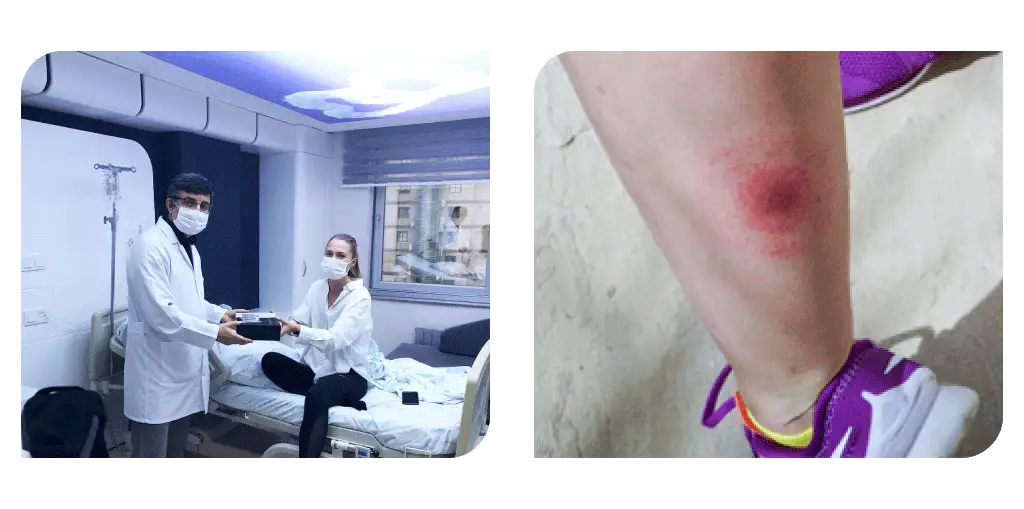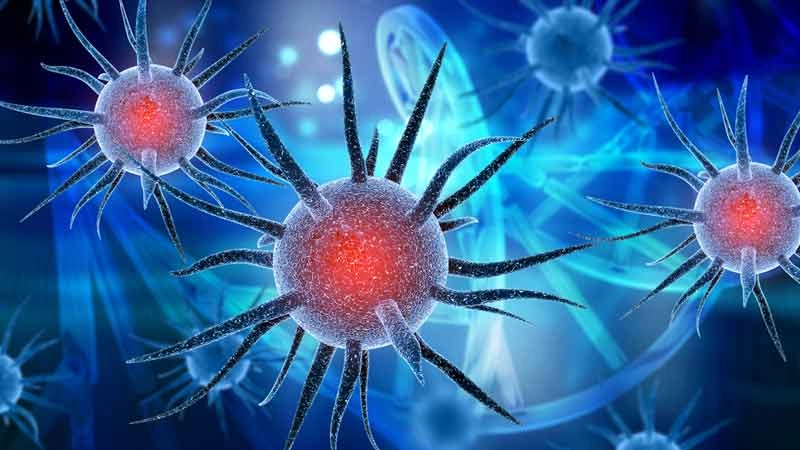The Infectious Diseases Department of Avicenna International Hospital uses the most up-to-date medical equipment and a highly skilled medical team to diagnose, treat, and monitor various types of disorders brought on by parasites, bacteria, and virus-type microorganisms.
Infectious Diseases
Viruses, bacteria, and parasites can stick to several organs or tissues and cause infectious diseases. Additionally, certain bacteria can spread throughout the body after entering it and cause disease by releasing different toxins. Infectious disorders form when bacteria enter the body and the defensive mechanism does not function correctly. Poor nutrition, unsanitary situations, immune system inadequacies, medical conditions, and surgical procedures are conditions that weaken the immune system response.
Treated Diseases at Infectious Diseases department
Some infectious diseases have no signs, others might have a variety of symptoms. However, fever is the most frequent sign of infectious illnesses. Doctors begin diagnosing and treating by evaluating some tests for example blood, urine, and radiography.
The infectious diseases department includes the following illnesses:
- HIV and AIDS
- Hepatitis
- Typhoid
- Urinary tract infection
- Diarrhea
- Viral infections: Covid 19, influenza
- Meningitis
- Lyme disease
- soft tissue infection
- diabetic foot infection
On the other hand, it also deals with processes such as microbiology and infectious diseases, pre-travel vaccinations, and vaccination of adults. This unit also controls in-hospital infections. It carries out work to minimize infections in the hospital. Specialists in the microbiology and infectious diseases department organize training for patients, their relatives, and hospital staff.
Lyme Disease

What is Lyme Disease?
Lyme disease is an infectious disease as a result of the bacterium Borrelia and it is thought to be transmitted to people through the bite of a tick that carries the bacterium Borrelia burgdorferi and the other subtypes of Borrelia bacteria. Recent researches show that Lyme disease can be transmitted between body fluids, from mother to child, and from other vectors.
Lyme disease is a severe infectious disease and it can cause multisystemic health issues. Once you get the bacterium in the body it can develop many different conditions that can lead to misunderstanding with other diseases as it is not too easy to make a diagnosis because there are not many accurate tests. Lyme may affect the joints, the immune system, the cardiovascular system, muscles, psychiatry, and the nervous system resulting in long-term illness. However, if the disease is caught in its early stages and treated with the appropriate antibiotics, most people with Lyme disease can completely recover. But when the illness becomes chronic, it will be more complicated to treat and it will need more prevention to stop the progression.
Lyme Friendly Hospital
Lyme disease is growing and mimicking many other conditions. Many Lyme Borrelia patients are suffering from an enormous range of symptoms. Therefore, Discrimination against Lyme patients in the health system is an actual problem. so, We try to follow updates on Lyme treatments and to help them with the best professional solutions by Lyme literate medical professionals.




